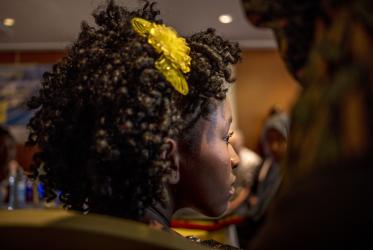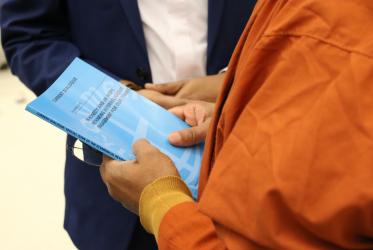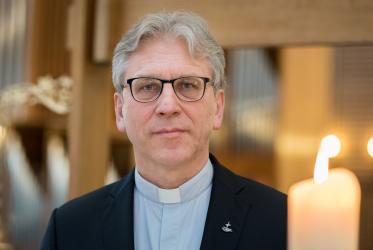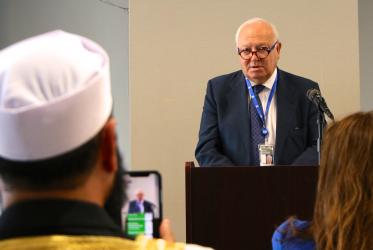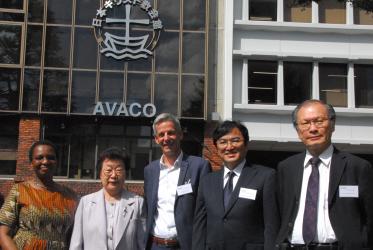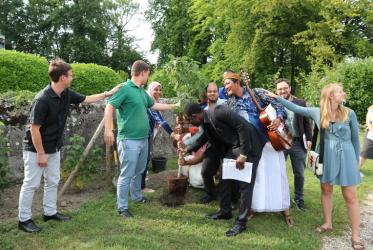Displaying 81 - 100 of 293
06 March 2020
Archbishop Anastasios receives Klaus Hemmerle 2020 Prize
19 February 2020
Festivities and dialogue launch new WCC journal
07 February 2020
WCC invites media to the launch of Current Dialogue
06 February 2020
Worshipping safely: UN, faith communities unite to prevent violence
20 September 2019
In Japan, theologians reflect on today’s global manifestations of racism
18 September 2019
Dr Saïd Ailabouni: God is on the side of rejected, oppressed, occupied
12 September 2019
A passionate Korean feminist and ecumenist
21 August 2019
Religions for Peace assembly convenes in Lindau
19 August 2019
Latest gun violence in US poses challenges for churches
05 August 2019
Bossey students explore the meaning of “belonging”
22 July 2019

